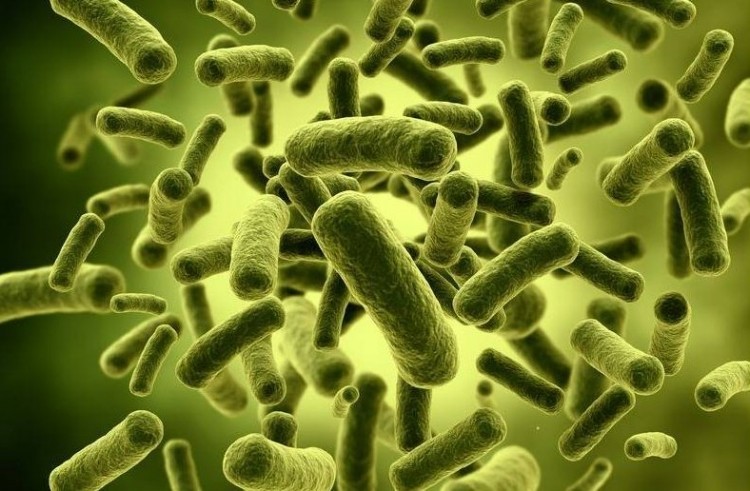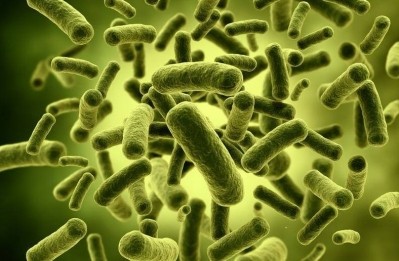Study suggests link between gut microbiota and Parkinson's disease

The study examined the microbial make-up of people with and without Parkinson’s disease to assess whether the condition was associated with alterations to the gut microflora.
Led by Filip Scheperjans from the Helsinki University Central Hospital (HUCH), in partnershoip with researchers at the University of Helsinki, the team found that people with Parkinson’s disease have a different balance of bugs in their guts compared to healthy controls.
"Our most important observation was that patients with Parkinson's have much less bacteria from the Prevotellaceae family; unlike the control group, practically no one in the patient group had a large quantity of bacteria from this family," said Scheperjans.
However, the researchers have not yet determined what the lack of Prevotellaceae bacteria in Parkinson's sufferers means - do these bacteria perhaps have a property which protects their host from the disease? Or does this discovery merely indicate that intestinal dysfunction is part of the pathology?
"It's an interesting question which we are trying to answer," Sheperjans said.
A further interesting discovery was that the amount of bacteria from the Enterobacteriaceae family in the intestine seems to be linked to the degree of severity of balance and walking problems in the patients.
The more Enterobacteriaceae they had, the more severe the symptoms, said the team.
"We are currently re-examining these same subjects to determine whether the differences are permanent and whether intestinal bacteria are associated with the progression of the disease and therefore its prognosis," explained Sheperjans.
"In addition, we will have to see if these changes in the bacterial ecosystem are apparent before the onset of motor symptoms.”
The researcher added that the team will also attempt to establish the basis of the connection between intestinal microbiota and Parkinson's disease – asking ‘what kind of mechanism binds them.’
Indeed, Sheperjans and colleagues hope that their findings could be used to develop a testing method which would improve the diagnostics in Parkinson's disease - and perhaps even find a way to prevent or treat the condition by focusing on the modification and management of the gut microbiota.









